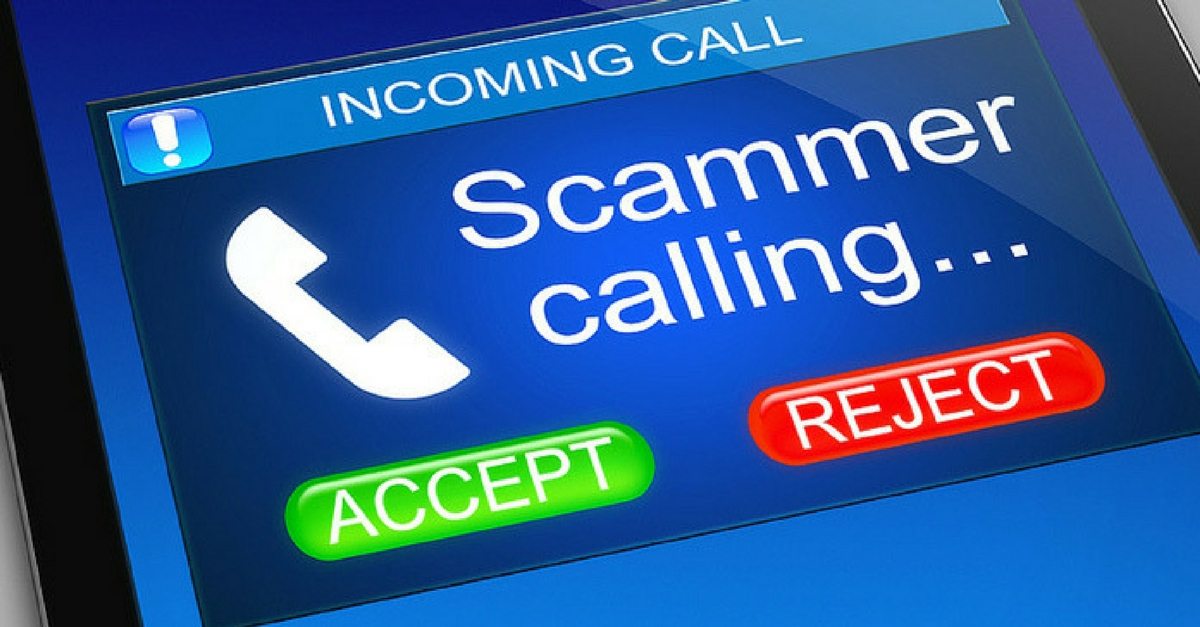
Canadians are receiving threatening and fraudulent phone calls from individuals claiming they work for the Canada Revenue Agency (CRA). They are being told they must act fast to deal with an outstanding tax debt owed to CRA and if they do not pay something right away their assets will be seized or they may go to jail. To facilitate making a payment, the caller will request credit card information. The immediate damage is the charge to be paid on the credit card, but there is also a high risk of identity theft.
In light of COVID-19, fake CRA callers have also been demanding repayment for the Canada Emergency Response Benefit (CERB) and Canada Emergency Student Benefit (CESB). There are official ways to repay the CERB or CESB income supports, but the CRA will never demand immediate payment by Interac e-transfer, bitcoin, prepaid cards, credit cards, or gift cards from retailers such as iTunes, Amazon, or others.
How to identify fraudulent calls
Canada Revenue Agency has a webpage telling consumers to be aware of fraudulent calls. Their advice, if you get such a call, is to hang up and report it to the Canadian Anti-Fraud Centre. CRA has even gone so far as to post a sample phone call so you can more easily recognize these types of phone scams and avoid being trapped by their threats and false information.
Here are some tips on how to identify and handle calls from possible scammers:
- Don’t assume because they know your name that the caller is legitimate. It’s easy to find names and phone numbers in many online resources.
- Don’t be alarmed by threats of a tax audit, a visit from the police, deportation or other scare tactics. This is what fake callers do to get you to react to them.
- Never wire money or send prepaid credit cards or gift certificates to a request over the phone. The CRA themselves say they never ask for prepaid credit cards or payments like that.
- Don’t offer personal information. The CRA does not ask for personal information such as your passport, health card or driver’s license.
- Be on alert if they suggest you should keep the call confidential. You are always able to contact a lawyer, a licensed insolvency trustee or talk to a family member about your tax problems.
- Rather than talking to the caller, tell them you are going to call CRA to verify then hang up. Call the CRA directly at 1-800-959-8281 to see if you owe them money.
- If you hear a message on your answering machine, be alert. The CRA does not leave personal information about you or your tax situation on an answering machine. The CRA also will not leave threatening voicemail messages.
- Ignore text and social media instant messages claiming to be from the CRA. The CRA has stated that they never use text or instant messaging to communicate with taxpayers under any circumstance.
- Always check the CRA website for the newest scam approach. These scammers change their stories frequently.
- Always be suspicious when someone calls you at home, threatens you and asks for money.
If you are scared because you do owe money for back taxes you can contact the CRA directly to discuss a repayment arrangement or talk to a bankruptcy trustee. Tax arrears can be dealt with by filing bankruptcy or a consumer proposal if you cannot work out a payment plan with CRA.
If you have already filed a bankruptcy or consumer proposal with Hoyes Michalos and are concerned about any call regarding old debts included in your bankruptcy or proposal, including tax debts, please contact our office. Our team is happy to help you understand how your tax debts will be treated as part of your insolvency filing.
Similar Posts:
- Loan Scams: Advance Fee Loans are Illegal in Canada
- How Long Can You Run From Your Debt? And Should You?
- Do I Need to Include All my Creditors and Debts in A Bankruptcy?
- Do I Have To Surrender My Credit Card in Bankruptcy?
- What are My Options When In Debt if My Income is from Social Assistance, Pensions, or Support Payments?





